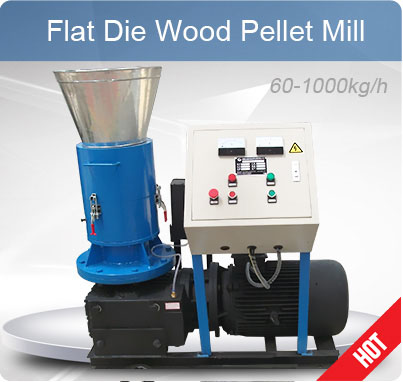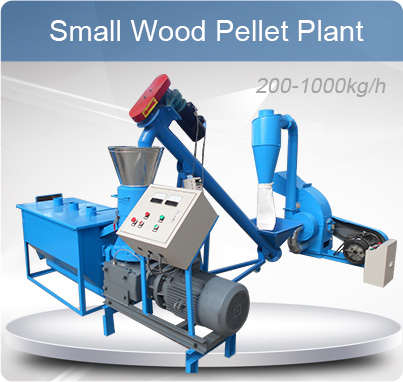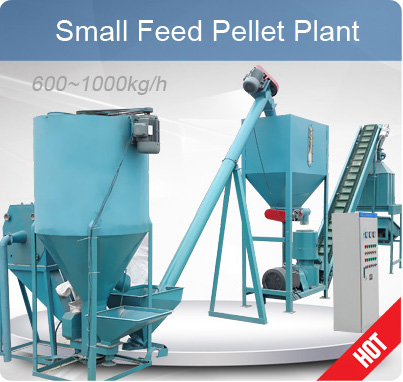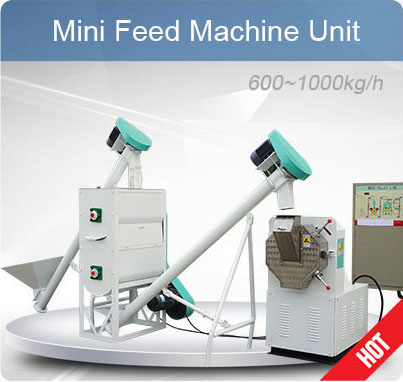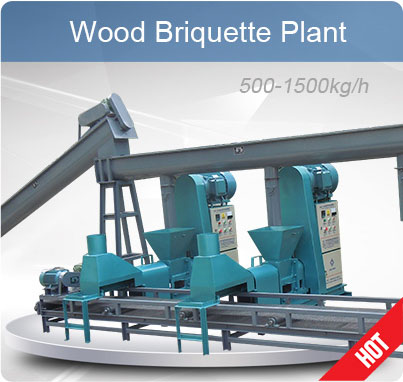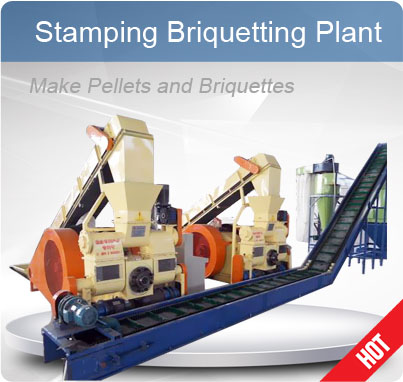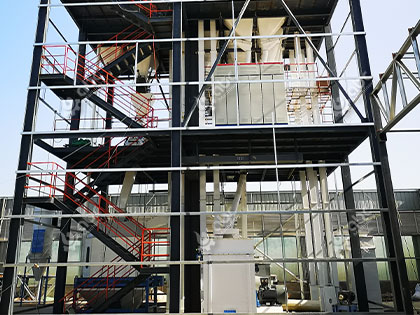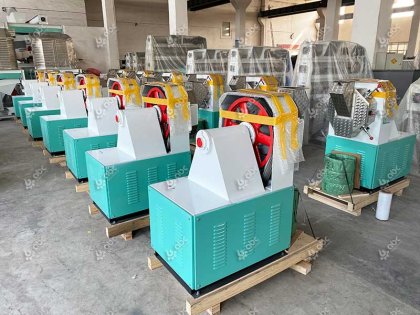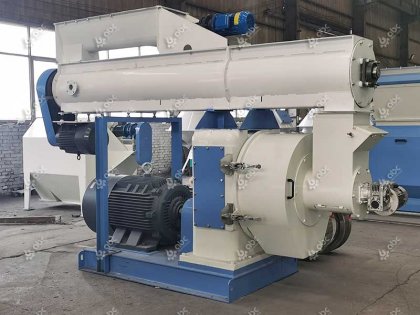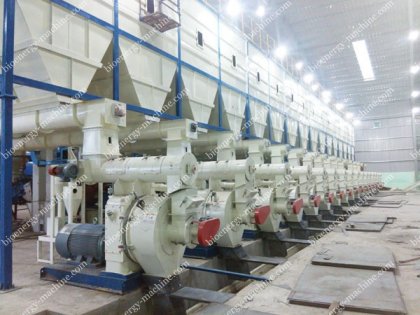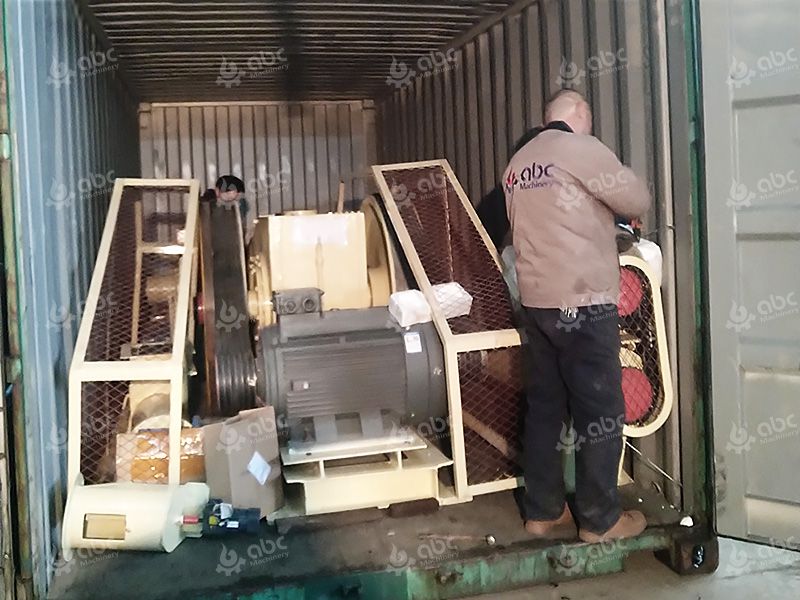Although pellet mill manufacturers offer valuable information about the various types of machines available, they do not always tell you how to choose the right pellet mill. However, this is an important consideration for any purchase. The factors that you should consider when choosing a pellet mill include:
(a) Purpose
- In terms of purpose, there are various questions that you will have to consider as a buyer. For example, you need to consider:
Ultimately, the purpose for which you intend to put the pellet mill will determine what type of a machine you should choose and how much you should spend on it.
(b) Raw Materials
- Each type of pellet mill is made for processing a specific type of raw material. This is because the materials have a varying degree of hardness, length, and shape. As such, materials such as hard wood or saw dust cannot be milled with the same machine as softwoof, grass or maize stalks.
(c) Required Capacity
- Depending on the quantity of pellets that you intend to mill, you may require a smaller pellet mill or larger pellet mill. Understanding your optimal quantity is important in minimizing wastage of resources such as power. This could happen when a large pellet mill is used to mill a small quantity of raw materials.
(d) Source of Power
- This consideration is especially important for places where electricity may not be readily available. In such cases, it is wise to opt for a pellet mill that uses either diesel or gasoline. You can also use a mill that is tractor driven. If power is readily available, an automatic or electric pellet mill would be the best choice.
(e) Supplementary Equipment
– There are certain materials that require additional equipment before they can be milled into pellets. For example, some large sized raw materials may require a hammer mill to crush them into smaller pieces. Raw materials that have high moisture content may also require a drier before final processing is done. In cases where the pellets are for commercial purposes, additional equipment may also be required for packaging and storage.
(f) Price
– As a buyer, you have your own preference as pertains to size, shape, or design of the pellet mill. These factors will alter the pricing of the mill accordingly. Each company will also tend to have its own pricing depending on the strength of its brand name. Therefore, it is important to conduct some level of research to get a machine that will fit your budget. Additionally, the price may be high or low based on the source of the mill you choose to buy.
(g) The brand
– While this may not be a major consideration, it is important because it will determine the performance of your pellet mill and it durability. You can know the reputation of each brand based on customer reviews for most pellet machines. Pellet mills that have a high performance capability will definitely have a good reputation among long time users.

(a) Purpose
- In terms of purpose, there are various questions that you will have to consider as a buyer. For example, you need to consider:
- Are the pellets you are making biomass pellets or feed pellets?
- Are they intended for sale or for local consumption?
- Is the pellet mill for long-term use or short-term use?
Ultimately, the purpose for which you intend to put the pellet mill will determine what type of a machine you should choose and how much you should spend on it.
(b) Raw Materials
- Each type of pellet mill is made for processing a specific type of raw material. This is because the materials have a varying degree of hardness, length, and shape. As such, materials such as hard wood or saw dust cannot be milled with the same machine as softwoof, grass or maize stalks.
(c) Required Capacity
- Depending on the quantity of pellets that you intend to mill, you may require a smaller pellet mill or larger pellet mill. Understanding your optimal quantity is important in minimizing wastage of resources such as power. This could happen when a large pellet mill is used to mill a small quantity of raw materials.
(d) Source of Power
- This consideration is especially important for places where electricity may not be readily available. In such cases, it is wise to opt for a pellet mill that uses either diesel or gasoline. You can also use a mill that is tractor driven. If power is readily available, an automatic or electric pellet mill would be the best choice.
(e) Supplementary Equipment
– There are certain materials that require additional equipment before they can be milled into pellets. For example, some large sized raw materials may require a hammer mill to crush them into smaller pieces. Raw materials that have high moisture content may also require a drier before final processing is done. In cases where the pellets are for commercial purposes, additional equipment may also be required for packaging and storage.
(f) Price
– As a buyer, you have your own preference as pertains to size, shape, or design of the pellet mill. These factors will alter the pricing of the mill accordingly. Each company will also tend to have its own pricing depending on the strength of its brand name. Therefore, it is important to conduct some level of research to get a machine that will fit your budget. Additionally, the price may be high or low based on the source of the mill you choose to buy.
(g) The brand
– While this may not be a major consideration, it is important because it will determine the performance of your pellet mill and it durability. You can know the reputation of each brand based on customer reviews for most pellet machines. Pellet mills that have a high performance capability will definitely have a good reputation among long time users.




